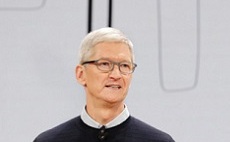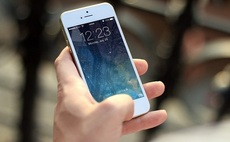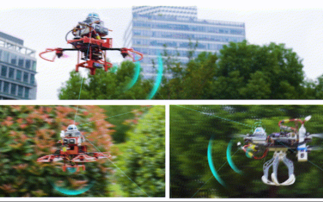No iWatch or Apple TV, but A7 64-bit microprocessor appears in more products, while the iPad Mini will take on the Google Nexus 7
Apple has launched a number of new desktop, laptop and tablet computers at its much-hyped launch event in Cupertino, California today. The event, which started with a overview of the new OSX Mav...
To continue reading this article...
Join Computing
- Unlimited access to real-time news, analysis and opinion from the technology industry
- Receive important and breaking news in our daily newsletter
- Be the first to hear about our events and awards programmes
- Join live member only interviews with IT leaders at the ‘IT Lounge’; your chance to ask your burning tech questions and have them answered
- Access to the Computing Delta hub providing market intelligence and research
- Receive our members-only newsletter with exclusive opinion pieces from senior IT Leaders




















